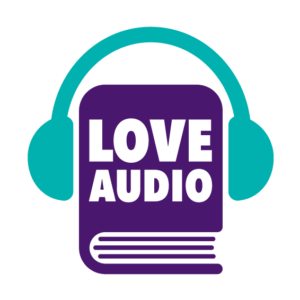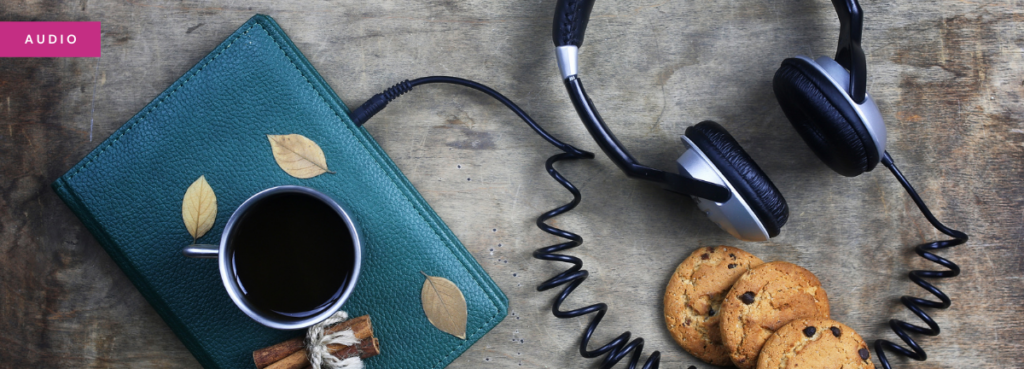What a real ‘audiobook’ revolution would look like

Richard Brooks is a Researcher at Coventry University and the Project Manager of the Arts and Humanity Research Council project ‘Hidden Story’.
At the recent FutureBook conference in London the ‘Audiobook Revolution’ was hailed as offering opportunities for publishers to reach a new demographic keen to listen to drama on the move.
Yet audiobooks in their current form – as a single-narrator, spoken alternative to the print book – seems at odds with the drive towards convergence and experimentation in digital media.
Audio fiction has long been a passion of mine. As a child, I remember earnestly taping Hitchhiker Guide to the Galaxy off the radio and chuckling to myself as I walked to school much to the bemusement of my friends.
One of the joys of audio fiction it is the only media that can be (safely!) enjoyed whilst doing something else. It is this reason that has lead to the rediscovering of the medium by a younger generation; as bundles of CDs are exchanged for smartphones and streaming services there is now no need to put down a good book whilst rushing from home to office.
Yet in the digital age, the distinction between audiobooks, as associated with published books and full-cast dramas aired on public broadcast radio – looks odd, especially when both now sit on your smartphone.
Audible is perhaps the most notable example of where convergence across the divide is occurring. Exploiting its strong position in audiobook production and retailing it has moved into commissioning ambitious full-cast dramas creating a rush of excitement amongst independent producers.
The expansion of channels to listeners has also enabled experimentation. Full-cast dramas are expensive and complex to produce, but independent producers like Big Finish have demonstrated that a compelling soundscape and readings from a number of narrators can be an attractive middle ground.
A more explicit challenge to audiobook growth comes from the surge in high-quality free-to-air audio fiction available on iTunes, SoundCloud and Spotify. Often produced in serial form, dramas like We’re Alive (2009) and Welcome to Night Vale (2010) have attracted downloads in the tens of millions and benefit from alternative funding models such as crowd-funding and advertising.
Podcast downloads compete for the same ears as audiobooks and may be faster to market, as seen with the release of Terms (2016), from the Wondery Network, a story about a maverick US president who wins a controversial US election. Yet podcasting is a crowded market and there remains untapped potential for the licensing of content to podcasters from the publishers of more recognisable authors. It should be no surprise that in a bid to compete in this market, BBC Radio has produced a series of high-profile Neil Gaiman titles including the much lauded ‘Neverwhere’ and ‘Stardust’ that aired this Christmas.
Alongside licensing, there must surely be opportunities for publishers to use loyal podcast audiences for advertising. Audible has seized on this opportunity to promote its subscription services to the free-to-air market and podcasters would surely welcome the opportunity to promote books that match their content.
The prevalence of smartphones and tablets also makes convergence with other media possible. BBC Radio and Owlfield have led the way with linking audio fiction with interactive media. Yet a perhaps more exciting avenue has been highlighted by the Six Conversations project which highlights how smartphones enable printed books to become platforms for other media such as audio. In this context its a short-step to then consider the market opportunity for ‘expanded edition’ books that come with soundscapes, music or character asides – perhaps as a way of refreshing Classics.






